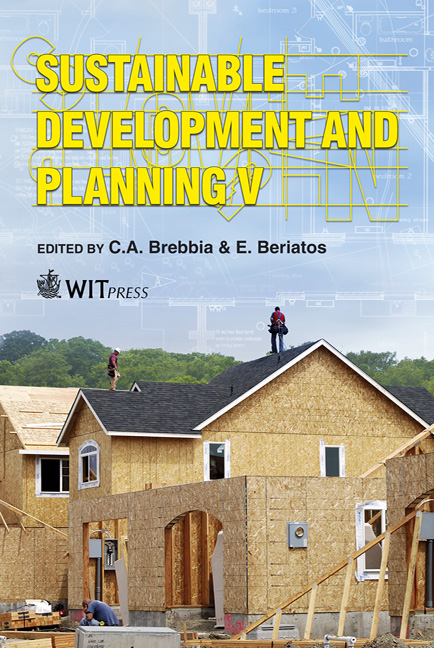Participation Of Children: An Alternative To Building New Cities
Price
Free (open access)
Transaction
Volume
150
Pages
16
Page Range
583 - 598
Published
2011
Size
5,672 kb
Paper DOI
10.2495/SDP110491
Copyright
WIT Press
Author(s)
L. Brazil dos Santos Argueta
Abstract
The present article is based on partial results obtained in the extension project Building Pathways to Sustainability, whose main objective is to create conditions for the participation of children in overcoming the social and environmental problems and build sustainable societies, with reference to the neighborhoods where they reside. The project is a realization of the Pro-Rectory of Extension of the Federal Fluminense University (Rio de Janeiro, Brazil) in partnership with the Genesis – Environmental Education Center (CEAG), with support of Alliance Française of Niterói. In 2009, the project was selected for presentation at UNESCO World Conference on Education for Sustainable Development, in Bonn, Germany. In 2010, the project was among the 100 best practices in Education for Sustainability UNO-HABITAT. We show how by adopting a methodology based on the components of empowerment of children – from São Gonçalo and Itaboraí – children are overcoming the naturalized view of environmental problems, strengthening selfesteem and organizing small projects and campaigns. Evidently, they are isolated and do not promote structural changes, but they mark the beginning of a process that should extend until they have the skills and information necessary to intervene in the structural causes and thus help build urban spaces with greater equity, social justice, democratic empowerment and sustainability. Our hope with this report is to contribute to the development of new experience in this area, especially from the university extension. It’s necessary to carry out integrated activities of research and extension to create spaces where children together with adults participate in the process of building new cities. Keywords: sustainable development, education for sustainability, participation of children, democratic empowerment.
Keywords
sustainable development, education for sustainability, participation of children, democratic empowerment.





